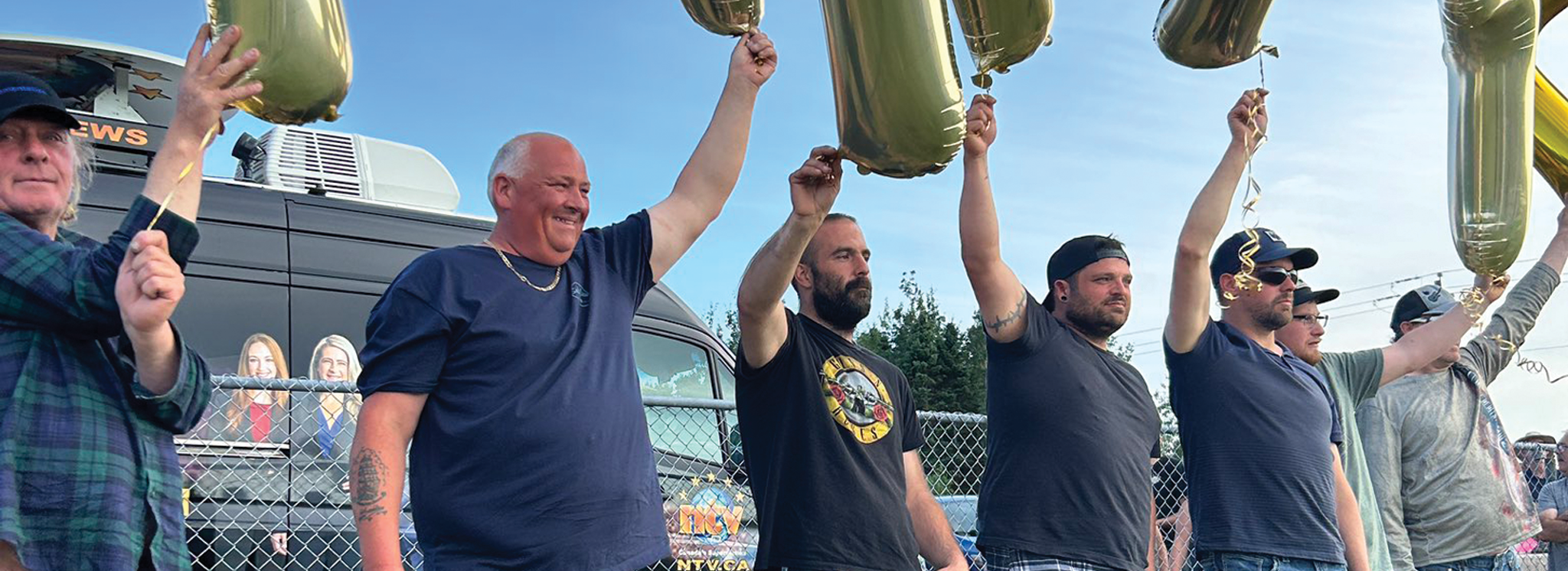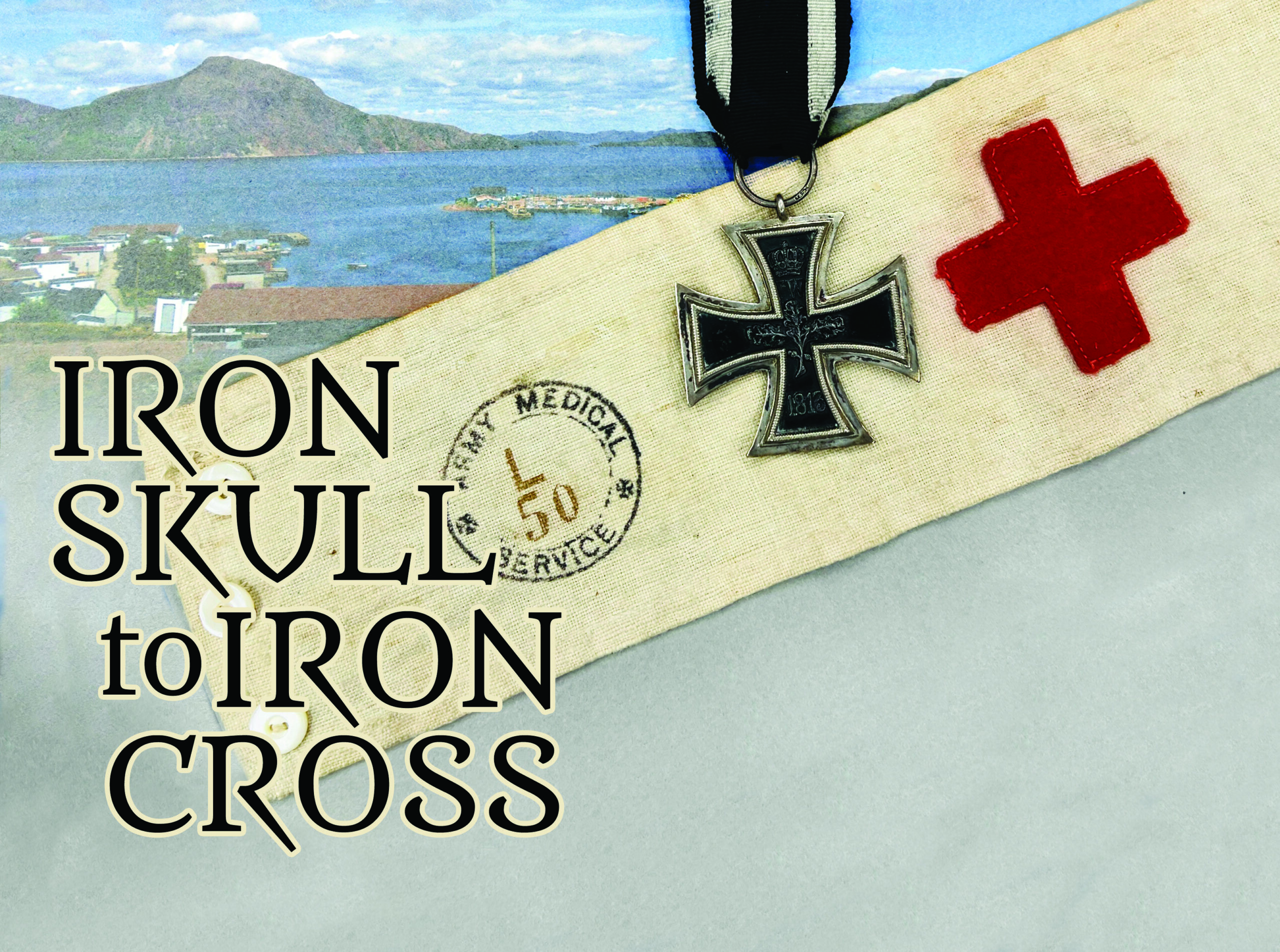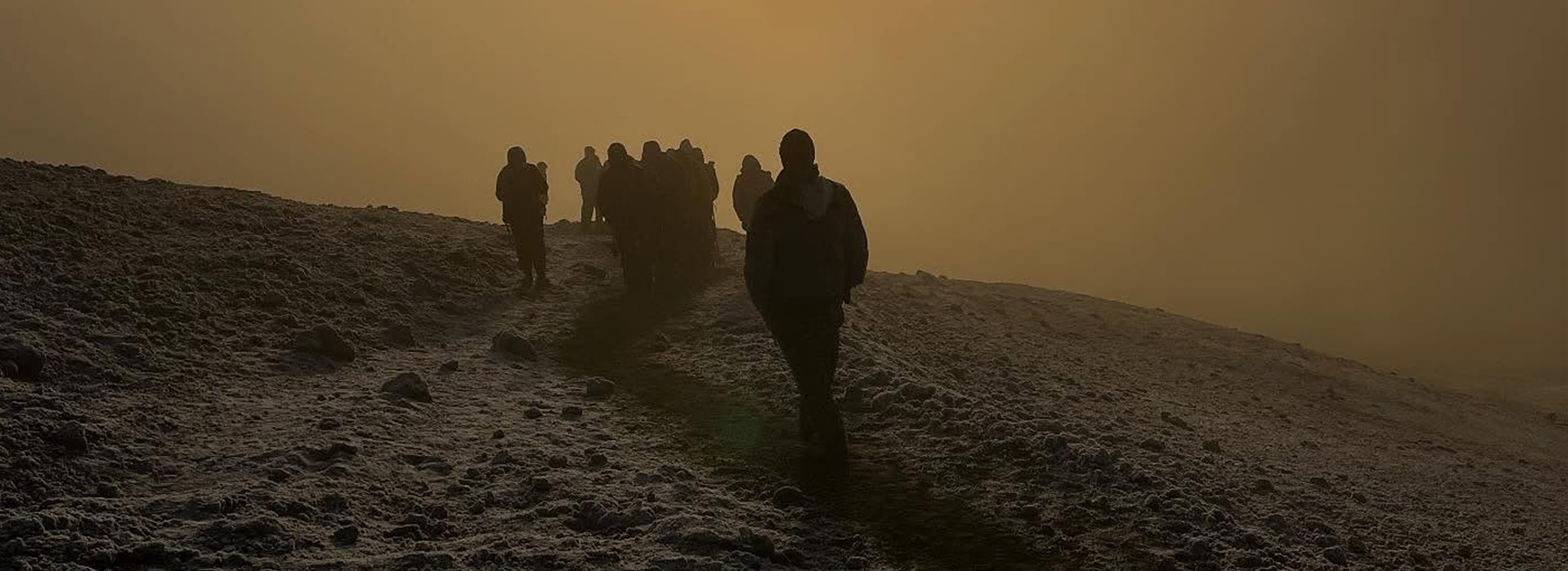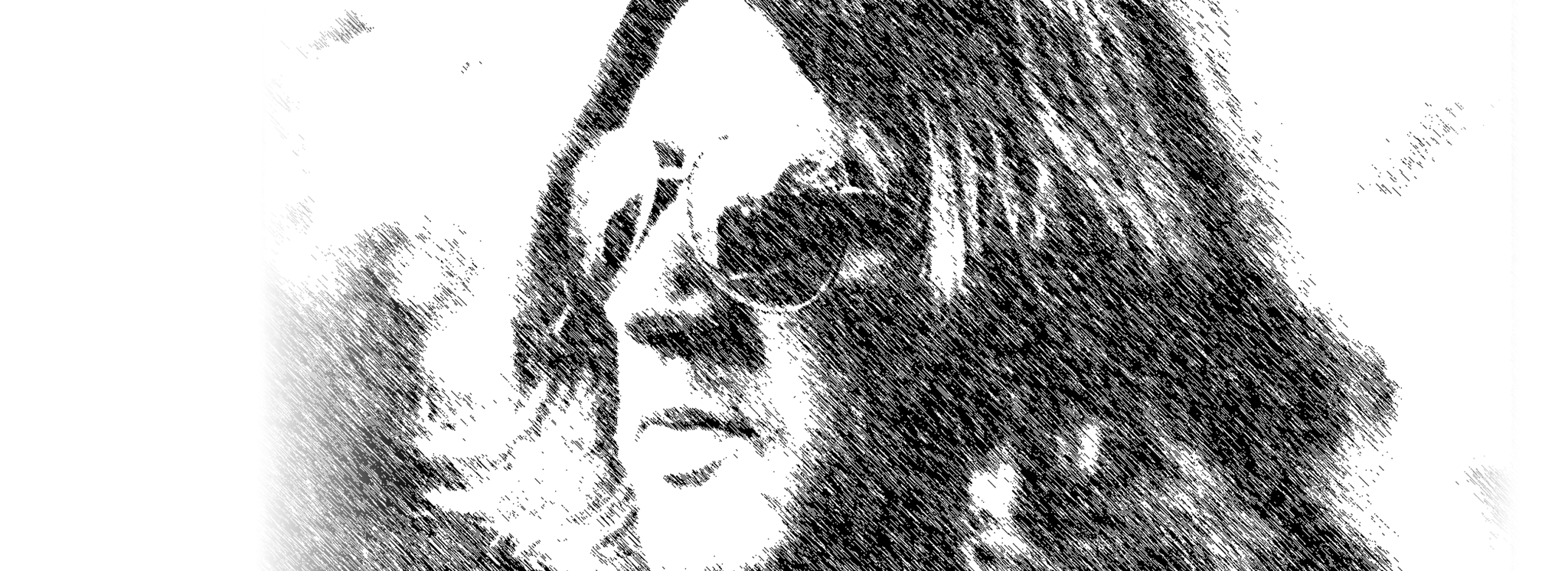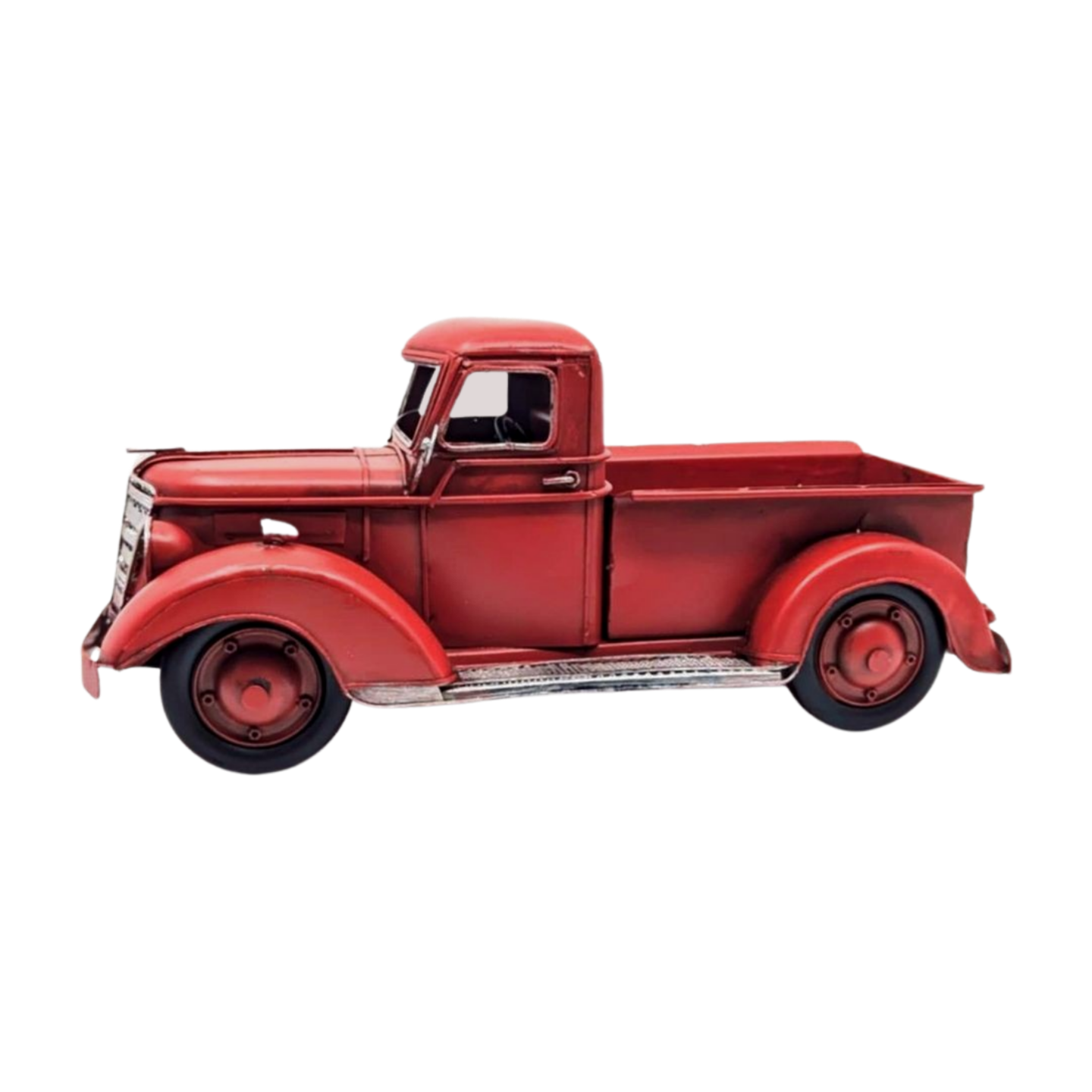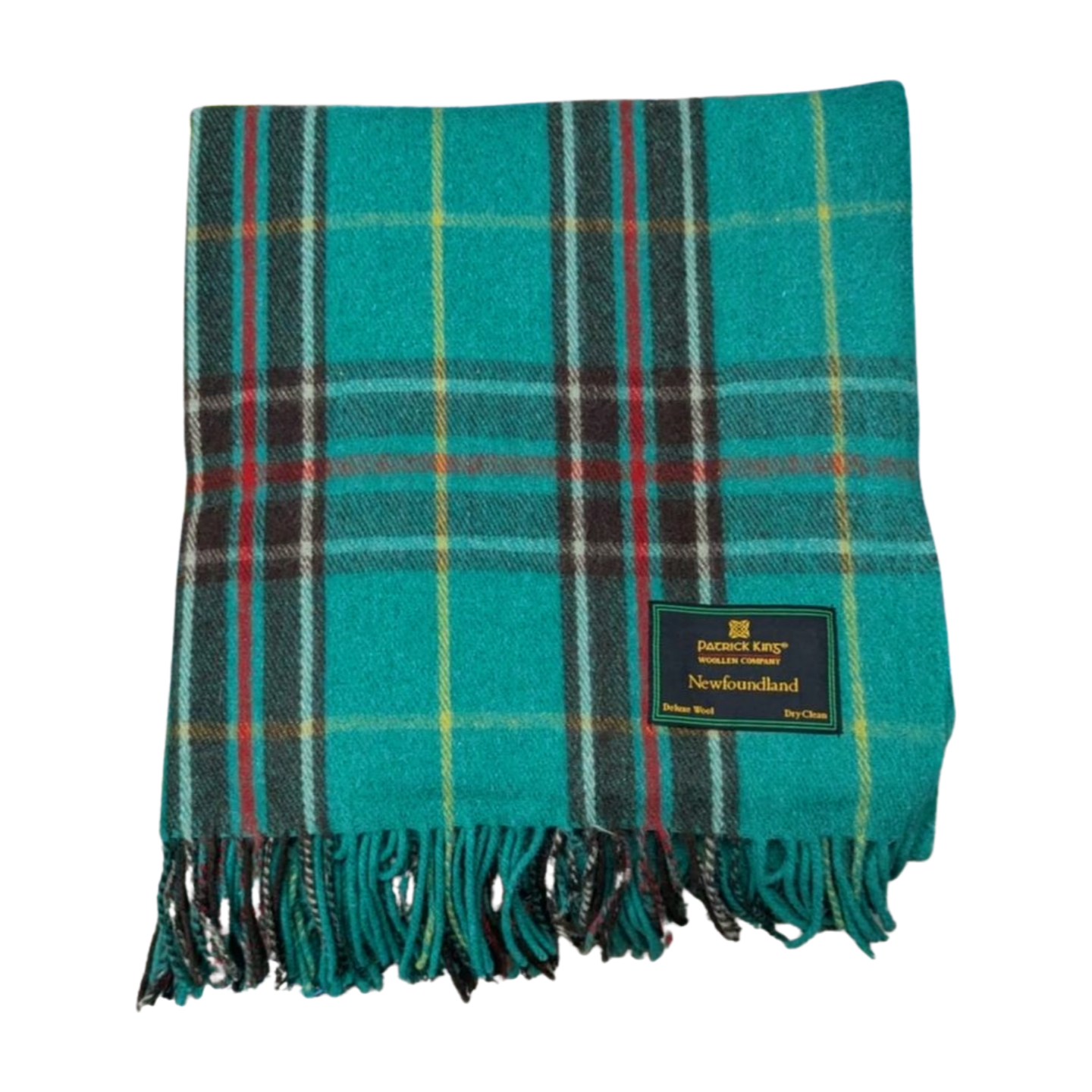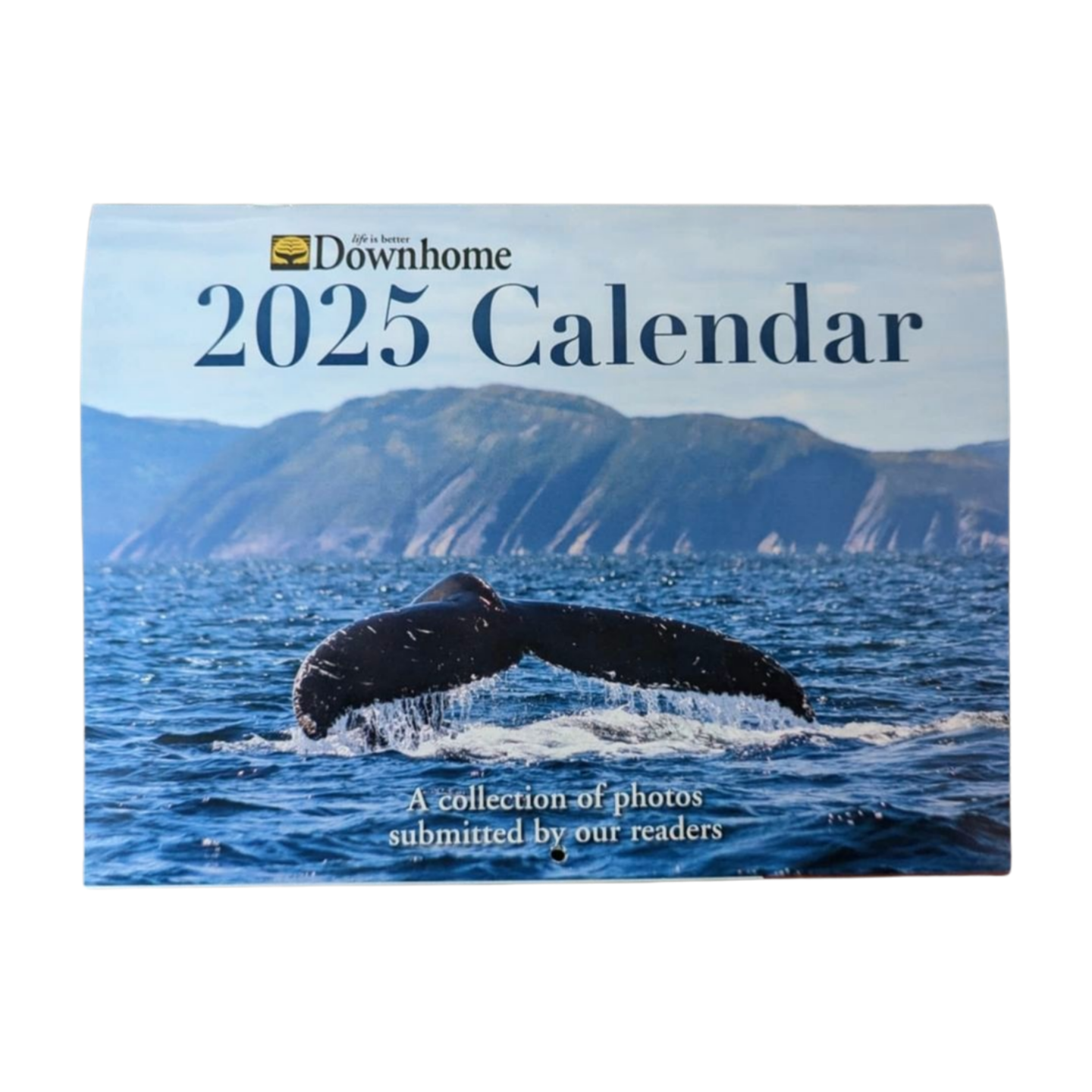On July 25th, The Elite Navigator fishing boat and its crew were reported missing, seemingly vanishing with no communication to
loved ones since the prior evening. The seven fishermen, all from Newfoundland’s northeast coast, were immediately reported missing. We spoke with the captain who had been lost at sea and the boat owner who waited on shore for word.
“The b’ys were out fishing for turbot and we got the last signal from them around 8:30 p.m. the night before,” begins Glenn Mouland, owner of the Elite Navigator.
“I wasn’t expecting them in until the next day, but when they didn’t get in and I wasn’t getting any response, I was getting worried. I figured they could have been delayed by wind or tide, so I waited a bit, but by 2:30 in the afternoon Thursday, I contacted the Coast Guard and said, ‘something ain’t right,’ and the search was on.”
Glenn had a lot of concern for the crew. One of the missing crew members, the boat’s captain Eugene Carter, was also Glenn’s nephew, but he knew them all quite well. “Most of them had fished turbot with me for years, and I knew them all,” he explains.
Glenn descibes his feelings surrounding the missing vessel and crew as “Stressed and nervous and everything else you could say, but I didn’t give up hope. The only reason to give up hope was if they found something, and the visibility was low. I knew the boat was gone because you should have been able to see a big boat on radar, but I figured they were in the life-raft together because there was no sign of anything else bad anywhere, so I still had hope.”
The people of the New-Wes-Valley region, an amalgamation of three small fishing communities, braced for the worst and hoped for the best.
While it’s well known that fishing is among Canada’s deadliest professions, and tragedy at sea links many coastal communities across Atlantic Canada, there was a ray of hope.
“There was no sign that there was a crash or nothing like that. There was no sign that they were all gone. I didn’t give up hope, not for one minute,” Glenn says, adding that, days later, when he heard the news that everyone was safe and sound, it was very emotional.
“I got a job to describe it. It was a moment, for sure. I was talking back and forth with the fellas that were out fishing and I heard they seen an oil slick, and what they were calling a target. They were on the way back to check it out and they saw the flare go up. Well, I knew at least one of them was alive then.”
He didn’t allow himself to get too excited, he continues. “I had the phone lodged on the kitchen counter and the family was all around the island there and we heard, ‘the chopper got them spotted and someone’s in the water from the Coast Guard.’ It felt like forever before I heard, ‘They got all seven and they’re all good.’ Well, the dishes almost came out of the cupboard,” he adds with a laugh.
On the day we spoke with captain Eugene Carter, he and the other six crew members who had spent almost three nights on the ocean in a life-raft were preparing to meet the Coast Guard crew who rescued them from the sea. “They will take us up and show us where they found us and all that, so it will be emotional,” Eugene admits.
So what happened? A fire broke out just a few hours into their 25-hour journey, Eugene explains. “I made the decision to abandon ship when I knew there was a problem. We did get an alarm saying there was a fire but once I saw the extent of the fire, it was out of our control.”
Five men managed to make it into survival suits, and as they watched the smoke from the Elite Navigator from their life raft they knew they were lucky to get off when they did.
“Once we got off the ship, the fog was bad, so our visibility was reduced, but we didn’t have wind and the tides were pretty good. The next day I did see the vessel again and all I could see was what was left and black smoke coming out.”
As they headed into their third night adrift, Eugene shares that the mood was light. “We hung in there, we talked to each other. We made jokes with each other and we just kept our spirits up. Just like when working together we would always be cracking little jokes at each other and things like that. That’s kind of the same thing we did to pass the time, honestly.”
Like his uncle, he too didn’t give up hope. “I knew we were down to our last flare, but I was always prepared. I was thinking a few steps ahead and just kept calm,” he says, sharing that he knew the flare had been spotted when he saw the Coast Guard helicopter turn around.
There was much celebration when the crew, now named The Lucky Seven, arrived home.
Eugene shares he was overjoyed to see the support and the love they’ve received since returning home.
“I’m just overwhelmed with the support of into words how grateful we are for our community and the people of Newfoundland and Labrador and even Canada and the world. It was just crazy. I haven’t gotten through half of my messages yet, and I probably never will get through all of them,” he says with a laugh, sharing his thanks once more.
“I just gotta put it out there. To anybody involved, anybody who sent a prayer or whatever for me and my crew members, we deeply appreciate every one of them and we can’t put into words how grateful we are for them.”


